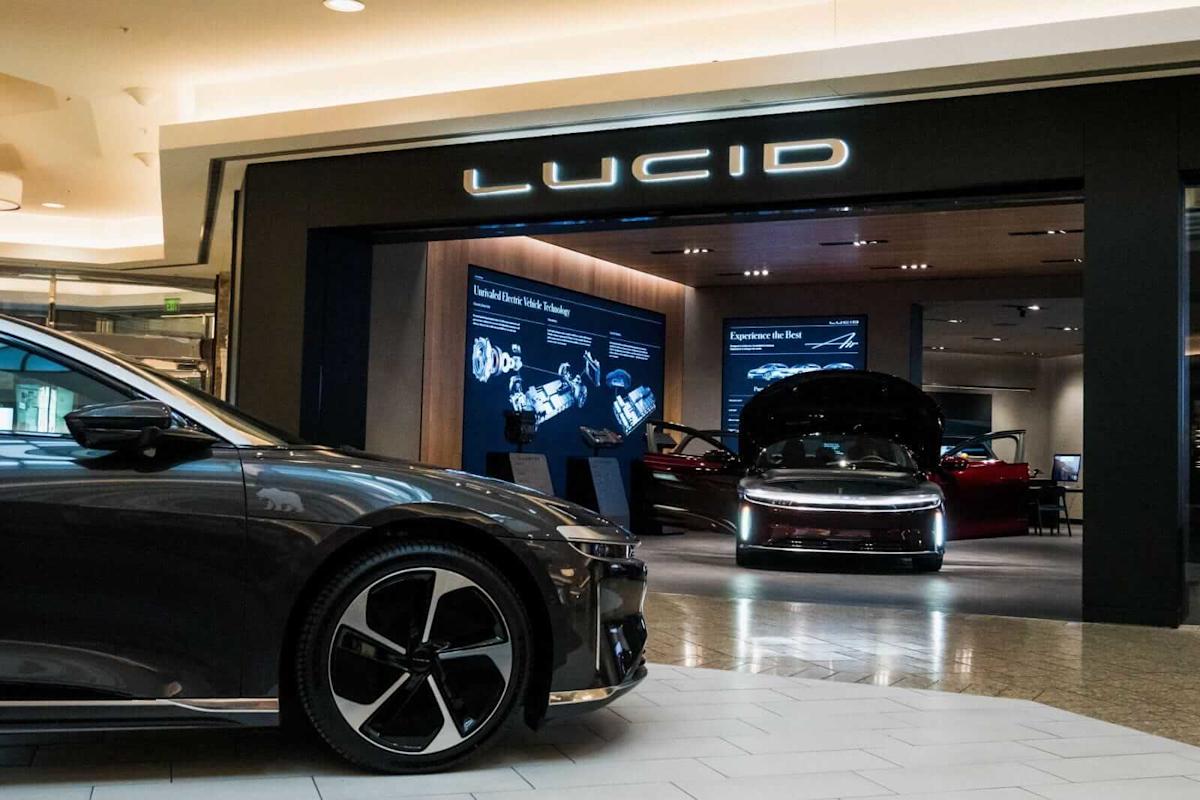Can LCID Still Go Higher?
Lucid Motors (LCID) reverse split its stock on Sept. 2, and the event wasn’t positive for the investors, as LCID stock expectedly fell after the event. While it is usual for stocks to fall on a reverse stock split, the severity of the sell-off took me by surprise.
However, LCID stock has gained 5% over the last five days and is now trading near the adjusted price level it traded a day before the reverse split. That’s a small consolation for investors, as the stock is still down 36% for the year. As for the stock’s long-term performance, the less said, the better, as, like fellow startup electric vehicle (EV) companies, it trades at a tiny fraction of the all-time highs.
To be fair, Lucid has managed to stay afloat (and relevant) at a time when companies in the U.S. startup EV ecosystem were going bankrupt pretty much left, right, and center. However, like other plays in the space—many of which eventually went out of business—Lucid has been on a stock-selling spree to fund its burgeoning losses.
Lucid Motors has the backing of Saudi Arabia’s Public Investment Fund (PIF), which has cumulatively invested around $8 billion in the company. For context, Lucid’s current market cap is just over $6 billion, which basically means that the company is not even worth the amount that the cash-rich fund has ploughed into it.
Sell-side analysts are not too bullish on LCID, and it has a “Strong Buy” rating from only two of the 14 analysts covering the stock. Ten analysts rate it as a “Hold,” while one each rates it as a “Moderate Sell” and “Strong Sell.” LCID trades above its mean target price of $19.37, while the Street-high target price of $30 represents a potential upside of over 50% from the current price levels.
While brokerages were quite enthusiastic about EV stocks a couple of years ago, sentiment has soured given the changed macroeconomic environment. The EV story was built on the premise of faster adoption and supportive government policies. However, there are cracks on both the front, particularly the latter, with the Trump administration eliminating the EV tax credit, which prompted Tesla (TSLA) CEO Elon Musk to warn about a “few rough quarters.” Moreover, the One Big Beautiful Bill Act does away with penalties on automakers that do not meet emission standards, thereby effectively ending EV companies’ booming regulatory credit business. Trump’s tariffs have also been a headwind for automakers, and Lucid took a tariff hit of $54 million in Q2.



Leave a Comment
Your email address will not be published. Required fields are marked *